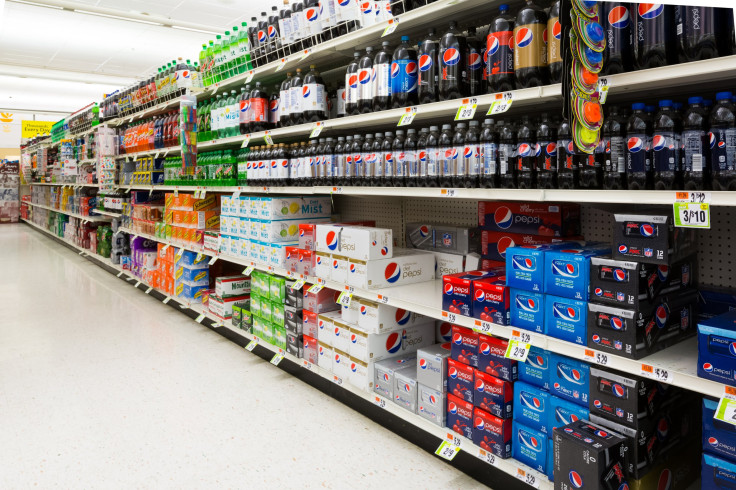Sugary Drinks Consumed Most By Young Black Males And Those Least Educated, With Low Income

The CDC released a report on the drinking habits of 38,978 adults in six states in order to determine who was drinking the most sugary drinks. Accord to the data, young black men, and adults with lower incomes and less education are the most likely to drink over one sugar-sweetened beverage a day. Health officials are hoping that the statistics in this report will help them to better target these groups and provide potentially lifesaving sugar interventions.
The CDC report also found that nearly 24 percent of adults drank at least one sugar-sweetened drink a day. Sugary drinks included soda, Kool-Aid, lemonade, and fruit juices made at home to which they added sugar to. The states included in the report were Delaware, Hawaii, Iowa, Minnesota, New Jersey, and Wisconsin. Of these the top thee for sugar-sweetened beverage drinkers were Delaware, Iowa, and Wisconsin. The report also clarified what was always suspected; people with healthy habits such as regular exercise, a healthy diet, were less inclined to drink sugary beverages.
It is not groundbreaking news that drinking sugary beverages is bad for your health. Recent reports show that in the U.S., nearly 25,000 deaths are linked to consuming sugary drinks, making it rank number three in the world for countries with the highest rates of obesity related deaths. Sweetened drinks are believed to be one of the causes for such an explosion in obesity. On average, a 20-ounce soda can contain 15 to 18 teaspoons of sugar and around 240 calories.
Past anti-soda campaigns have attempted to reduce children’s access to sodas and sports drinks at school. The CDC, however, found that more than half of the drinks are consumed at home. According to the Daily Mail, less than one percent of sugary beverages are bought at school or daycare centers. Other campaigns targeted at curbing people’s sugary drink habits, and linking them to obesity, focus on those who drink soda, saying, “Are you pouring on the pounds?”, and “Don’t drink yourself fat." Results from the CDC’s study suggest that changes need to be made in these campaigns in order to better target the groups most at risk. As reported by Time, the CDC will try to help states reach the targeted demographic by providing interventions such education about all the risks involved with consuming too much sugar.
Published by Medicaldaily.com



























